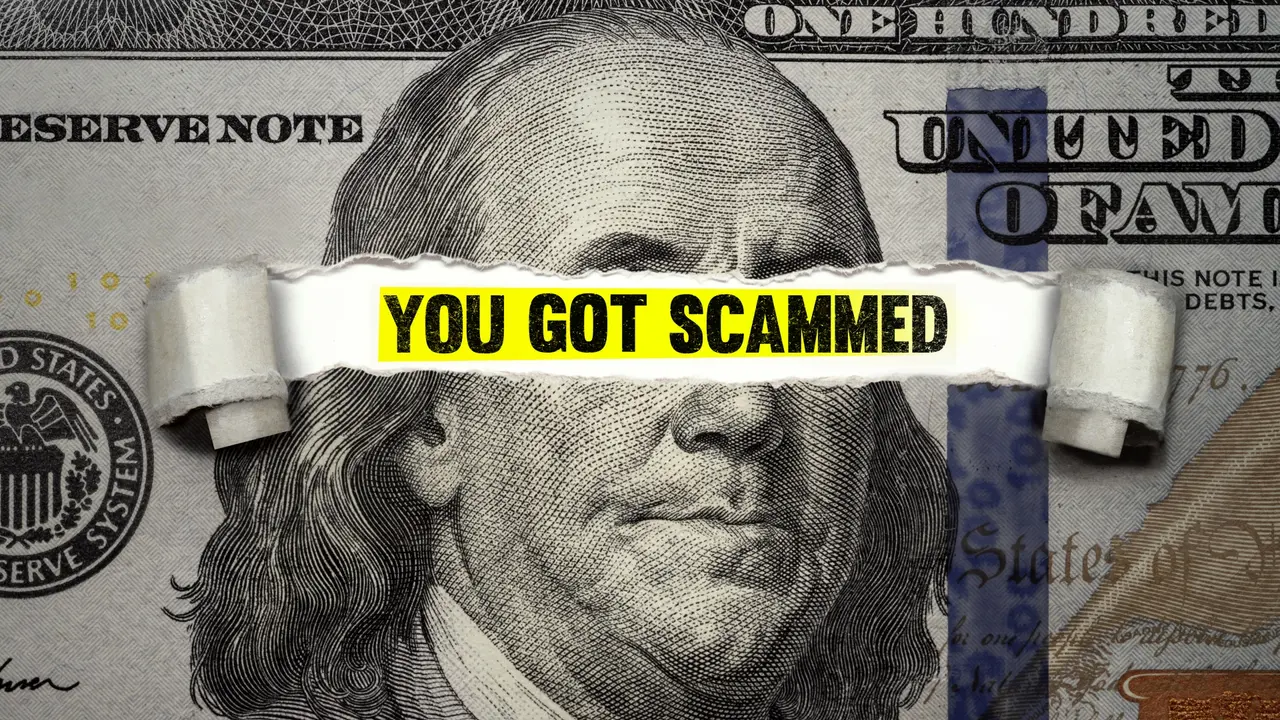Have you ever wondered why it's so easy to be deceived by self-proclaimed "money experts"? In today's world, where misinformation is abundant and promises of quick riches lurk around every corner of the internet, it's crucial to understand why these scams are so common. In this article, we will explore the main reasons financial fraud proliferates, offering practical tips to help you protect yourself.
The Rise of "Money Experts"
The Democratization of Information
In recent years, the internet has become a vast repository of financial information. Blogs, YouTube channels, and social media are full of tips on how to make money and invest. This democratization of knowledge is a positive phenomenon, but it also opens the door to the spread of misinformation. Many individuals without proper training or practical experience can pose as "experts," deceiving those seeking financial guidance.
Economic Uncertainty
Currently, economic uncertainty is palpable, exacerbated by past financial crises and growing public debt. This scenario fuels a growing demand for financial advice. People of all ages are eager to learn how to better manage their money, which, unfortunately, makes it easier for scammers to present themselves as qualified "advisors."
The Age of Side Hustles
What we know as the "gig economy" or "side hustle" has become a popular concept. The desire to increase income, coupled with the need for information on managing multiple income streams, has encouraged the proliferation of self-proclaimed experts. Thus, more and more people, regardless of their experience, are offering financial advice that may not be well-founded.
The Role of Social Media
Social media platforms like Instagram, TikTok, and YouTube are breeding grounds for "experts" who share financial tips. The ease of creating content and gaining followers quickly can cause inaccurate information to spread like wildfire. Even if the "experts'" knowledge or experience is questionable, the virality of social media allows their messages to reach millions.
The Desire for Financial Independence
A growing quest for financial independence, fueled by movements like FIRE (Financial Independence, Retire Early), has motivated many to seek ways to improve their financial situation. This intense search can lead people to become more vulnerable to misleading advice as everyone wants to find the fastest path to financial freedom.
The Low Barrier to Entry
One of the most alarming reasons for the rise of scammers is the low barrier to entry to becoming a "money expert." Unlike years ago, when certifications and formal education were necessary, today anyone can create an online profile and start offering financial advice, regardless of their qualifications.
How to Protect Yourself From Financial Scams
1. Verify Credentials
Before following any financial advice, verify the "expert's" credentials and experience. Look for information about their education, practical experience, and reputation.
2. Question Promises
Be wary of promises of quick riches or foolproof methods. Most legitimate investments involve risks, and there are no guarantees.
3. Seek Diverse Sources
Consider consulting various sources of information before making financial decisions. This helps to obtain a more balanced and well-founded view.
4. Follow Your Gut
If something seems too good to be true, it probably is. Always trust your instincts and don't hesitate to question the validity of the information you receive.
5. Consider Consulting a Certified Professional
When necessary, seek guidance from a qualified financial professional. While this may come at a cost, proper guidance can be worthwhile in the long run.
Conclusion
The financial world is overflowing with information, but also with misinformation. Being aware of the pitfalls that can lead to financial fraud is the first step in protecting your interests. By following the tips presented, you can navigate this sea of information more safely. Remember that the best guardian of your financial future is yourself. If you found this article helpful, share it with others and help spread financial knowledge and security.


